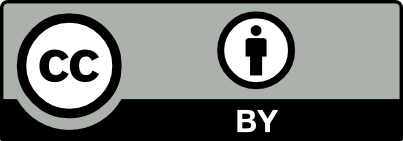Remote manipulation of microcargo is essential for miniaturized automated experiments in fields such as biology, chemistry, and diagnostics, allowing efficient use of scarce, expensive, or hazardous materials. Current methods for manipulating microcargo are generally limited to droplets as cargo and rely on reduced substrate-cargo friction and special substrate-cargo interactions (electrowetting, anisotropic wetting, water-repellency, etc.) to enable cargo mobility. This limits the versatility of substrate and cargo choice. Here, we present CART (Carrier-based Actuatable and Reprogrammable Transport) as a solution to these challenges. By introducing a carrier between the substrate and the cargo, CART physically separates them, eliminating the need to reduce substrate-cargo friction and the need for substrate-cargo matching. CART devices are easy to realize, tailor, and post-functionalize. A photo-polymerizable phase-separating resin is used to 3D-print porous carriers that are then infused with ferrofluid to make them magnetically responsive, enabling untethered cargo manipulation on both solid and liquid substrates. Using CART, various cargos can be remotely moved, rotated/mixed, inverted, and lifted, further facilitating interaction between two carriers for transferring, merging, and tunably splitting cargo. Overall, CART advances microcargo manipulation by decoupling cargo from the substrate and leveraging magnetic responsiveness for untethered, versatile control across different environments, opening up new actuation-modalities.
Dataset: CART: Carrier-based Actuatable and Reprogrammable Transport
Serna, Julian A. https://orcid.org/0000-0002-8298-9179
Levkin, Pavel A. https://orcid.org/0000-0002-5975-948X
Views
Downloads
